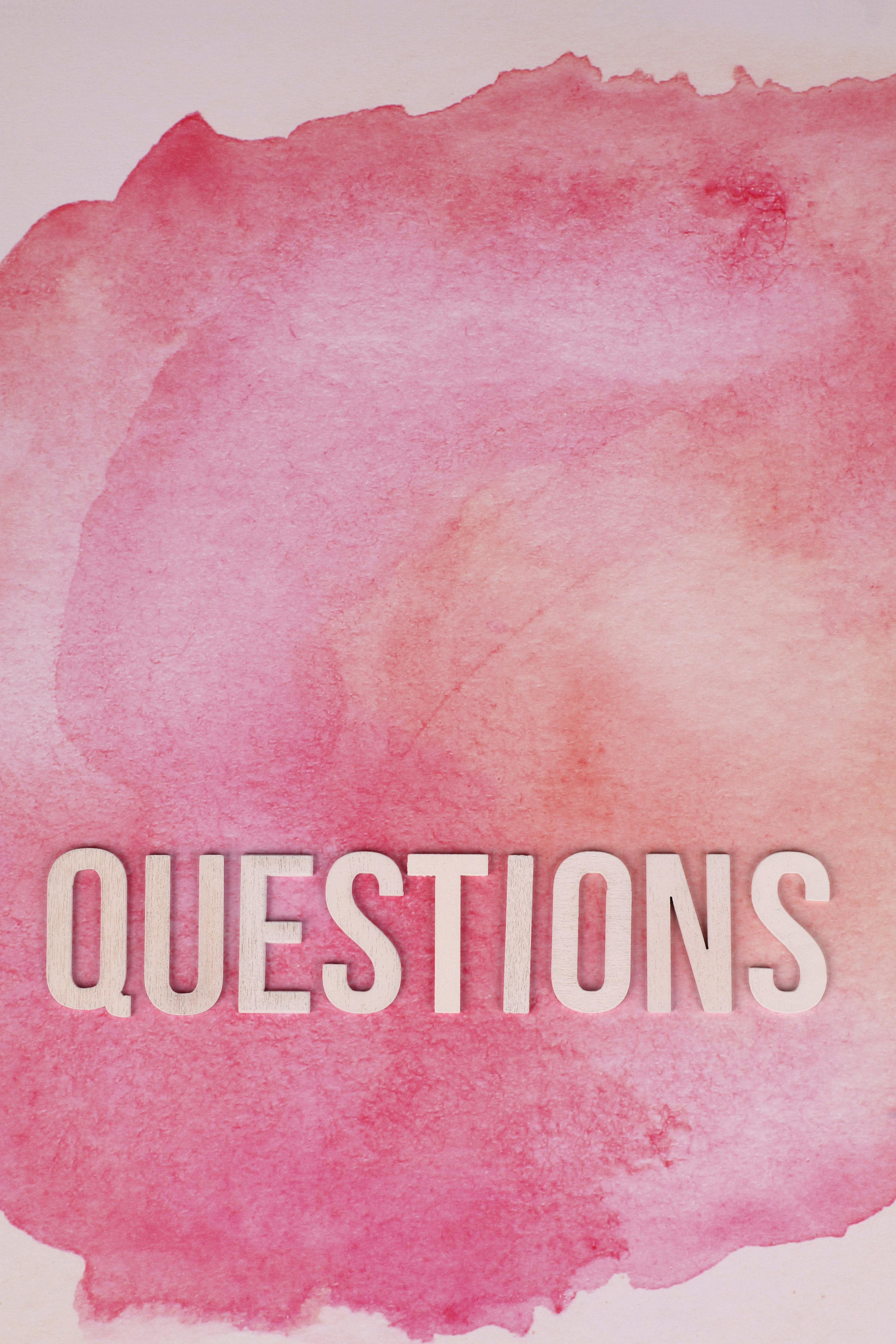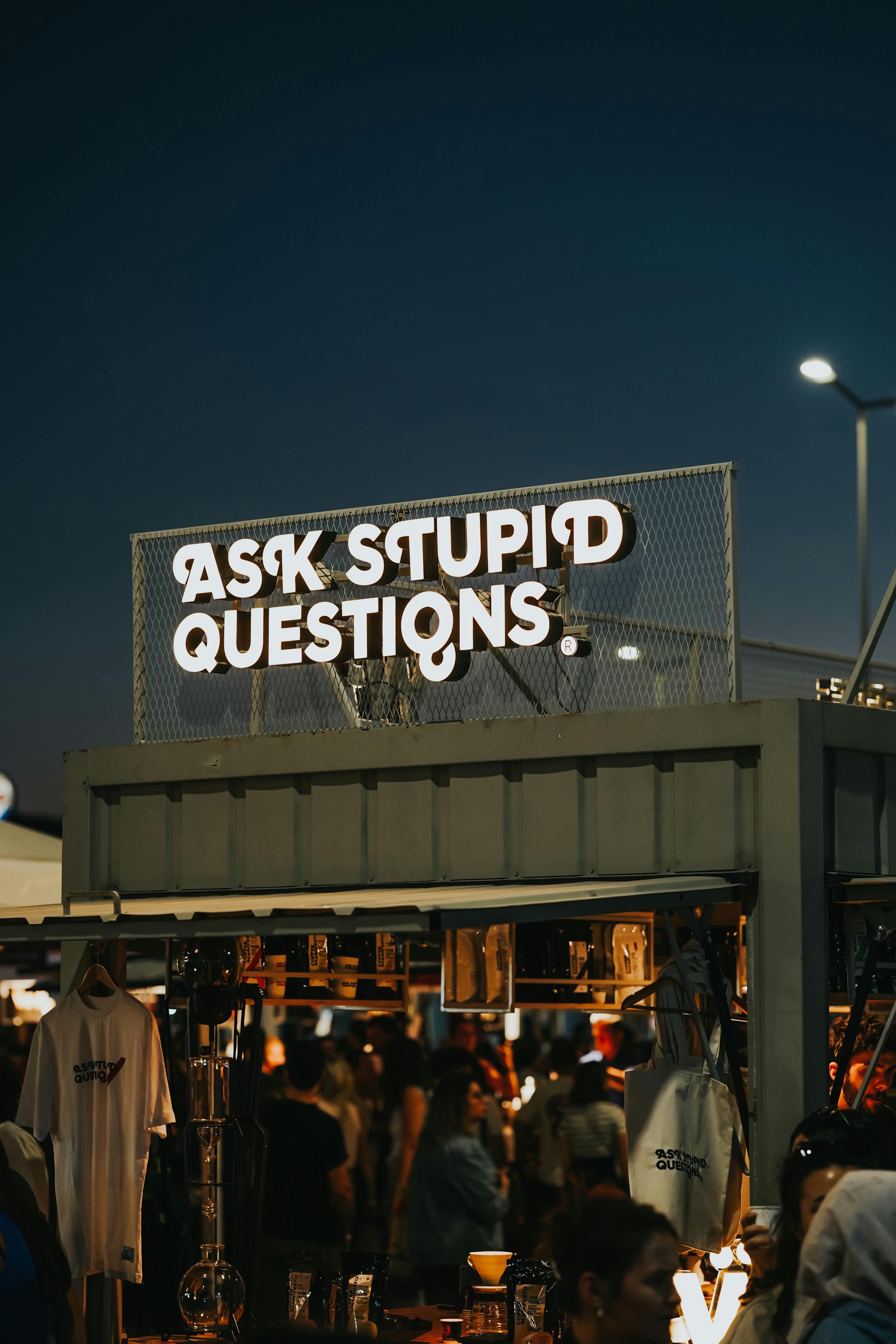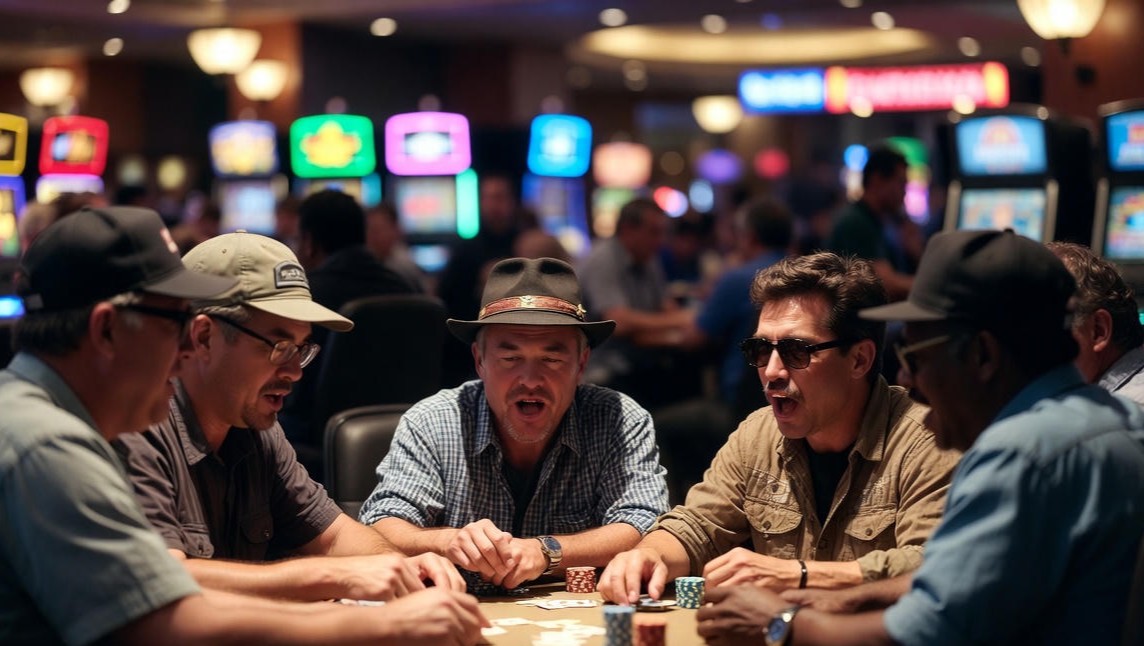Creating memorable characters is one of the most important parts of making a great game. Whether you’re working on a role-playing game, an action-adventure title, or even a puzzle game with a story, your characters need to feel real and interesting to players. Good characters make players care about what happens in your game world.
But how do you create characters that players will remember long after they finish playing? The answer lies in asking the right questions during development. These questions help you dig deeper into who your characters really are, what drives them, and how they fit into your game’s story and world.
Why Character Development Matters in Games

Characters in games do more than just look cool or say funny lines. They serve as the bridge between the player and your game world. When players connect with characters, they become more invested in the story, more willing to explore the world, and more likely to remember your game fondly.
Think about your favorite game characters. What makes them special? Chances are, it’s not just their appearance or abilities. It’s their personality, their struggles, their growth throughout the game, and how they make you feel as a player. These elements don’t happen by accident – they come from careful character development.
Examples of Strong Character Development in Games
| Character | Game | What Makes Them Memorable |
|---|---|---|
| Joel Miller | The Last of Us | Complex moral choices, protective father figure, haunted by loss |
| Kratos | God of War (2018) | Redemption arc, struggling with fatherhood, overcoming past mistakes |
| Ellie | The Last of Us Part II | Revenge-driven, morally complex, realistic emotional journey |
| Arthur Morgan | Red Dead Redemption 2 | Honor system reflects personality, struggles with loyalty vs. morality |
| Commander Shepard | Mass Effect | Player choices shape personality, relationships define character |
The Foundation Questions
Before diving into complex personality traits, you need to establish the basics. These fundamental questions form the foundation of every character you create.
1. What is your character’s primary goal? Every strong character wants something. This desire drives their actions throughout the game. Mario wants to save Princess Peach. Link wants to save Hyrule. Master Chief wants to protect humanity. Your character’s goal gives them direction and helps players understand their motivations.
Example: In The Witcher 3, Geralt’s primary goal is finding Ciri, his adopted daughter. This drives the entire main story and gives emotional weight to his journey.
2. What is your character’s greatest fear? Fear creates vulnerability, and vulnerability makes characters human. Even the strongest heroes have something they’re afraid of. This fear can create dramatic tension and give your character depth. It also provides opportunities for character growth as they face their fears.
Example: In God of War (2018), Kratos fears that his son Atreus will follow the same path of violence and rage that defined his own life.
3. What happened in your character’s past that shaped who they are today? Every person is shaped by their experiences, and game characters are no different. A traumatic event, a moment of triumph, or a important relationship from their past can explain their current behavior and attitudes. This backstory doesn’t always need to be shared with players directly, but it should influence how your character acts.
Example: Joel’s loss of his daughter Sarah in The Last of Us shapes his protective, sometimes selfish behavior throughout the game.
4. What does your character value most? Values guide decision-making. Does your character value honor above all else? Family? Knowledge? Power? Understanding what your character values helps you write consistent dialogue and actions for them throughout the game.
Example: Arthur Morgan in Red Dead Redemption 2 values loyalty to his gang family, which creates internal conflict when he begins questioning Dutch’s leadership.
5. How does your character handle conflict? Some characters face problems head-on with violence. Others try to talk their way out of trouble. Some run away, while others seek help from friends. Your character’s approach to conflict reveals their personality and creates gameplay opportunities.
Example: In Dishonored, Corvo can handle conflicts through stealth, violence, or creative problem-solving, with each approach reflecting different aspects of his character.
Personality and Behavior Questions

Once you have the foundation, you can explore how your character thinks, feels, and acts in different situations.
6. What is your character’s sense of humor like? Humor reveals personality. Is your character sarcastic? Do they make dad jokes? Are they completely serious? Do they laugh at inappropriate times? Humor can make characters more likeable and memorable, but it needs to fit their personality.
Character Humor Types and Examples
- Sarcastic/Witty: Nathan Drake (Uncharted) – uses humor to deflect tension
- Dark/Gallows: Max Payne – makes grim jokes about his terrible situation
- Innocent/Childlike: Claptrap (Borderlands) – oblivious to social cues
- Dry/Deadpan: GLaDOS (Portal) – delivers cutting remarks with flat delivery
- Self-deprecating: Spider-Man (Marvel games) – makes jokes about his own failures
7. How does your character treat people they consider beneath them? This question reveals a character’s true nature. Anyone can be nice to their boss or someone they want to impress. But how do they treat the shopkeeper, the beggar, or the enemy soldier who surrenders? This behavior shows whether your character is genuinely good or just putting on an act.
Example: In Mass Effect, Commander Shepard’s interactions with crew members of different ranks reveal their leadership style and moral compass.
8. What habits or quirks does your character have? Small details bring characters to life. Maybe your character always checks their weapon before entering a room. Perhaps they have a lucky charm they touch before important moments. These tiny behaviors make characters feel more real and give animators and voice actors something to work with.
9. How does your character make decisions? Do they think things through carefully, or do they act on impulse? Do they ask for advice or trust their gut? Do they consider the consequences for others? A character’s decision-making process affects how they react to the choices players make in your game.
10. What does your character do when they’re alone? When no one is watching, people reveal their true selves. Does your character practice fighting moves? Do they talk to themselves? Do they have a secret hobby? These private moments can be shown through environmental storytelling or brief cutscenes.
Relationship Character Development Questions

Characters don’t exist in isolation. How they interact with others reveals important aspects of their personality and creates opportunities for interesting story moments.
11. Who is the most important person in your character’s life? This relationship shapes many of your character’s decisions. It might be a family member, a friend, a mentor, or even an enemy. This person’s influence on your character can drive major plot points and character development.
Important Relationships in Gaming
| Character | Important Person | Relationship Type | Impact on Story |
|---|---|---|---|
| Link | Zelda | Princess/Duty | Drives rescue missions and heroic acts |
| Kratos | Atreus | Father/Son | Teaches responsibility and emotional growth |
| Ellie | Joel | Surrogate Father | Shapes worldview and moral decisions |
| Cloud | Tifa | Childhood Friend | Grounds him and reveals his true past |
| Geralt | Yennefer/Triss | Romantic Interest | Influences major story choices |
12. How does your character express affection or friendship? Some characters are huggers. Others show care through actions rather than words. Some struggle to express positive emotions at all. Understanding how your character shows they care helps you write believable relationships.
Example: In The Last of Us, Joel shows affection through protective actions and small gestures rather than words, which makes his rare emotional moments more powerful.
13. What kind of leader is your character? Even if your character isn’t officially in charge, they might need to take leadership roles during the game. Are they natural leaders who inspire others? Do they lead through fear or respect? Do they prefer to follow someone else’s lead?
14. How does your character handle betrayal? Betrayal is a common theme in game stories. How your character reacts when someone they trust lets them down reveals their emotional depth. Do they forgive easily? Do they seek revenge? Do they become more cautious about trusting others?
15. What does your character think about teamwork? In many games, characters work together to achieve goals. Does your character prefer working alone? Are they a team player? Do they take charge in group situations? This affects how they interact with other characters and potentially with the player.
Growth and Change Character Development Questions

The best characters change throughout the game. These questions help you plan your character’s journey from beginning to end.
16. What lesson does your character need to learn? Character growth often comes from learning something new about themselves or the world. Maybe they need to learn to trust others, or to stand up for themselves, or that revenge doesn’t bring happiness. This lesson drives your character’s development arc.
Common Character Growth Arcs in Games
- Learning to Trust: Joel learns to open his heart again (The Last of Us)
- Accepting Responsibility: Peter Parker grows into his role as Spider-Man
- Overcoming Pride: Kratos learns humility and patience (God of War 2018)
- Finding Identity: Cloud discovers who he really is (Final Fantasy VII)
- Choosing Family: Arthur Morgan prioritizes gang family over money (Red Dead Redemption 2)
- Breaking Cycles: Senua learns to live with her mental illness (Hellblade)
17. What would it take to make your character give up? Understanding your character’s breaking point helps you create meaningful challenges. What would make them walk away from their goal? This knowledge helps you create dramatic tension without pushing your character beyond believable limits.
Example: In The Last of Us Part II, Ellie’s breaking point comes when she realizes that revenge is destroying everything she values, including her relationship with Dina.
18. How does your character define success? Success means different things to different people. For some, it’s achieving their goal at any cost. For others, it’s achieving their goal while maintaining their values. Understanding how your character measures success helps you create a satisfying ending to their story.
19. What does your character regret most? Regret creates internal conflict and opportunities for redemption. Maybe your character made a mistake that hurt someone they cared about. Perhaps they failed to act when they should have. This regret can motivate their current actions and create emotional depth.
20. How is your character different at the end of the game compared to the beginning? This is the ultimate test of character development. If your character is exactly the same at the end as they were at the start, they haven’t grown. Think about what experiences will change them and how they’ll be different. This change should feel natural and earned through the events of the game.
Using These Questions in Your Development Process

These questions aren’t meant to be answered once and forgotten. Character development is an ongoing process that continues throughout game development. Here’s how to use these questions effectively:
Character Development Checklist
Pre-Production Phase:
- Answer foundation questions (1-5) for all main characters
- Create basic character relationship maps
- Establish primary character arcs and growth goals
Production Phase:
- Develop personality and behavior details (questions 6-10)
- Map out relationship dynamics (questions 11-15)
- Plan character growth moments throughout the game
Polish Phase:
- Review character consistency across all content
- Ensure growth arcs are complete and satisfying
- Test character reactions with focus groups
Tools for Character Development
| Tool | Purpose | Best For |
|---|---|---|
| Character Bible | Central reference document | All team members |
| Relationship Map | Visual connections between characters | Writers and designers |
| Character Arc Timeline | Track growth throughout game | Narrative designers |
| Personality Trait Matrix | Compare character differences | Voice directors |
| Dialogue Style Guide | Consistent character voice | Writers and localizers |
Start by answering the foundation questions first. These create the core of your character that everything else builds upon. Don’t worry if you don’t have all the answers immediately – characters can evolve as you develop your game.
Keep your answers somewhere everyone on your team can access them. Writers, artists, animators, and voice actors all need to understand who your character is to do their jobs well. A character bible or development document helps maintain consistency.
Review and revise your answers as your game develops. Sometimes gameplay requirements or story changes mean your character needs to evolve. That’s okay – just make sure any changes make sense and don’t contradict what you’ve already established.
Remember that not every answer needs to be shared with players directly. Some character details exist just to help you write and design consistently. Other details can be revealed through gameplay, dialogue, environmental storytelling, or optional content for players who want to dig deeper.
Making Characters That Players Remember
Great game characters stick with players long after they finish playing. They become part of gaming culture and inspire fan art, discussions, and emotional connections. By asking these essential questions during modeling, you give your characters the depth and authenticity they need to make that lasting impression.
The time you spend developing your characters pays off in every aspect of your game. Better characters lead to better stories, more engaging dialogue, more meaningful player choices, and ultimately, more memorable gaming experiences. Whether you’re creating a silent protagonist or a chatty sidekick, these questions will help you build characters that players will care about and remember.
Remember, character development is both an art and a craft. These questions provide the structure, but your creativity and understanding of your game’s world and story will provide the soul. Take time to really think about each character’s answers, and don’t be afraid to dig deep into their personalities, fears, and dreams. The more you understand your characters, the better you can bring them to life for your players.






